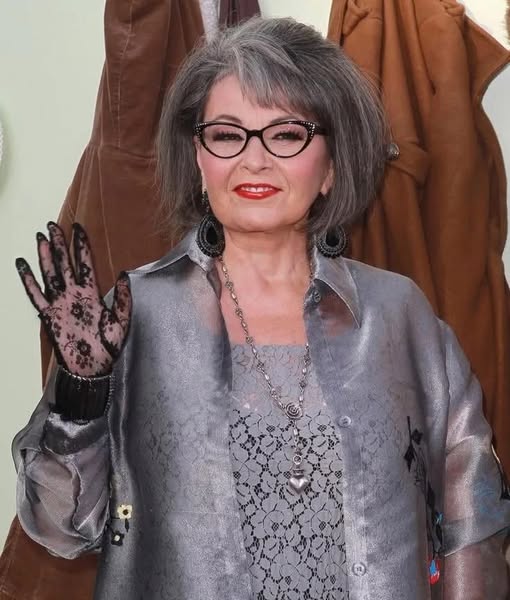Roseanne Barr’s recent decision to exclude Robert De Niro from her new TV show has ignited a wave of controversy and intense debate within the entertainment industry. The once-promising collaboration between the two, which many had expected to become a dynamic and powerful pairing, has come to an abrupt halt. Reports indicate that the tension between them stemmed from fundamental differences in their views on comedy, social issues, and the evolving landscape of political correctness.
Barr, famous for her unapologetic humor and outspoken anti-political correctness stance, reportedly clashed with De Niro, a vocal advocate for “woke” culture. The two icons, known for their distinct approaches to addressing contemporary issues, found it difficult to align on the direction of the show. Barr, who has built much of her career on humor that challenges societal norms and embraces irreverence, allegedly told De Niro, “No woke people allowed here,” a statement that is said to have contributed to his departure from the project.
This fallout has sparked wider discussions about artistic freedom, cancel culture, and the role of political correctness in entertainment. For some, Barr’s decision is a reflection of her right to maintain creative control over her work and stay true to her comedic vision, no matter how controversial it may seem. Supporters of Barr argue that the entertainment industry has increasingly become stifled by a culture of self-censorship and the fear of offending audiences, and that Barr’s approach stands as a defense of free expression.
On the other hand, critics of Barr’s stance argue that her exclusion of De Niro reflects a disregard for the importance of social responsibility in entertainment. Many believe that comedy and art can serve as powerful tools for addressing important social issues, and that comedians and entertainers have a responsibility to be mindful of the impact their work has on broader societal discussions. Barr’s decision has led to questions about whether it is possible to balance the need for creative expression with an understanding of the social climate in which that expression exists.
The clash between Barr and De Niro serves as a microcosm of the growing cultural divide between those who embrace “woke” culture and those who oppose it, and it raises important questions about how these divisions should be navigated in the world of entertainment. As the media landscape continues to evolve, the tension between artistic expression and social sensitivity will undoubtedly remain a hot topic. Barr’s controversy highlights the complex dynamics at play when political and cultural beliefs intersect with creative industries, and it underscores the challenges that entertainers and audiences face in navigating an increasingly polarized world.
As the debate continues to unfold, it is clear that the impact of this clash extends beyond the boundaries of Barr and De Niro’s professional relationship. It also serves as a reflection of larger cultural shifts and challenges that the entertainment industry must address in order to remain relevant and responsible in the face of growing scrutiny from both audiences and critics alike.
